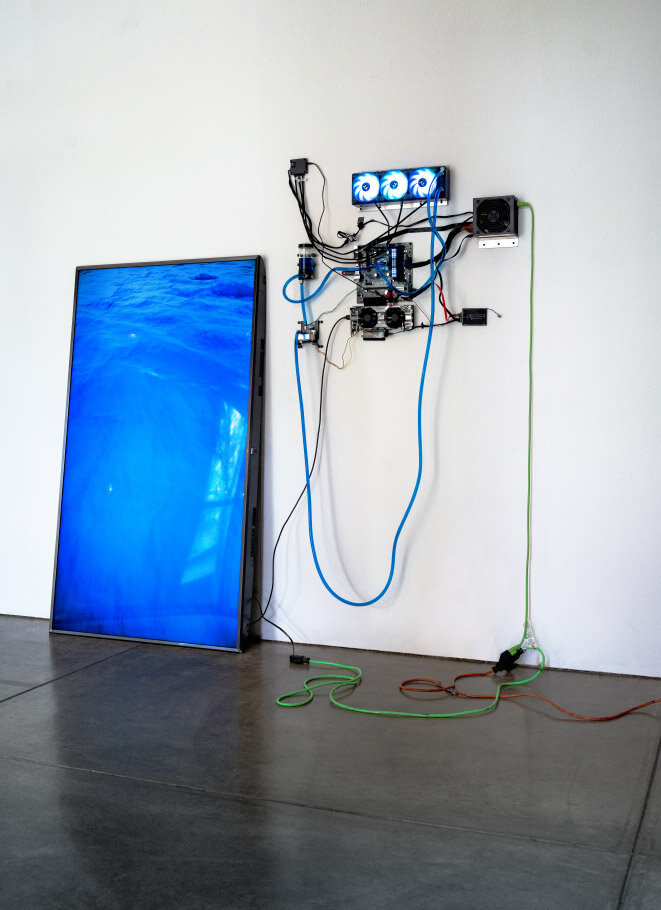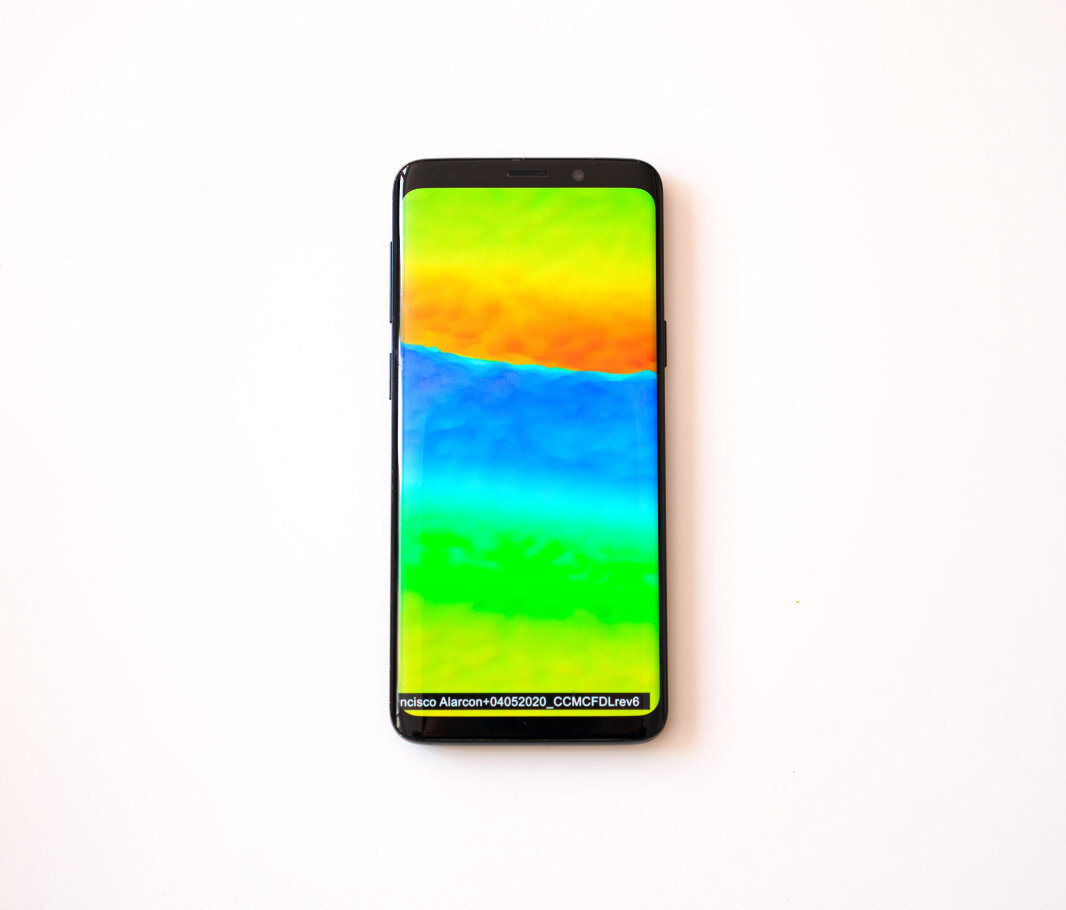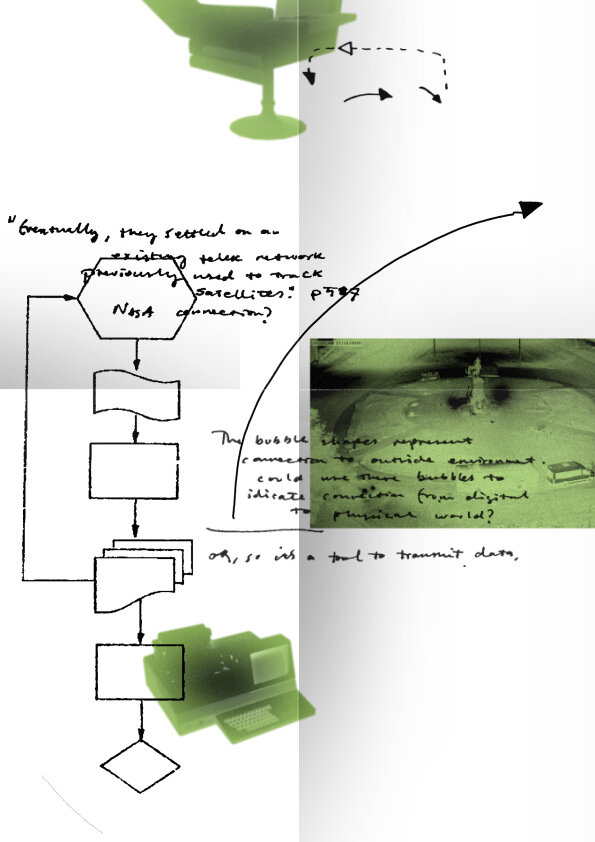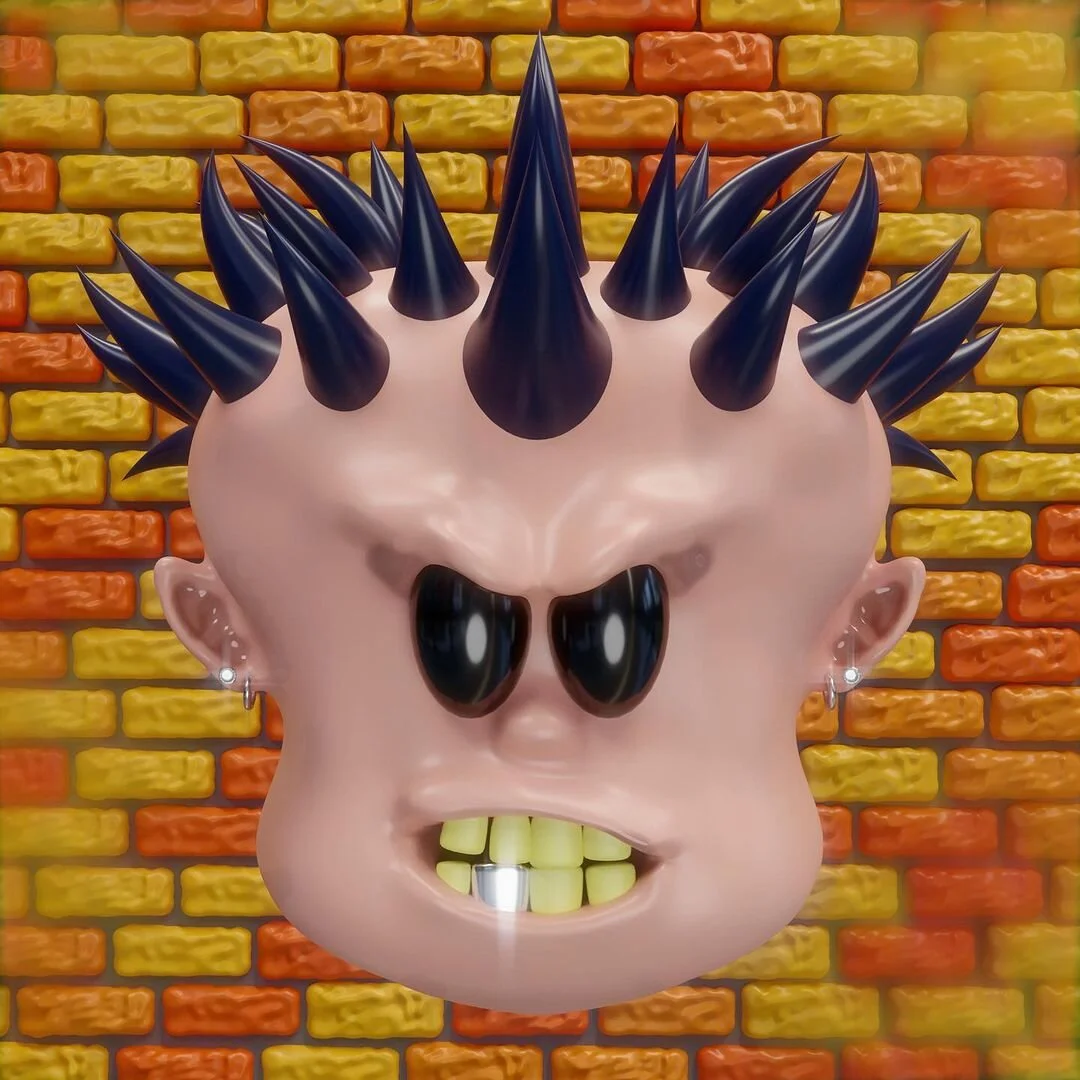Francisco Alarcon
The matrix of water. Francisco Alarcon knows about the history of fluidity as literal game changer. He lets us in on his complex body of work on the representation of water in video games.
Talking about your research on the representation of water in video games: where does your interest for this specific topic come from?
Focusing on the computer, I am interested in the development of cultural techniques that let us interact with the machine through interfaces. The origin of my particular interest comes from a premise to emphasize how the image is constructed. Within the broad topic of the digital image, I'm particularly interested in computer graphics, which is a form of imagery at the center of a large industry commonly linked to film, television or video games.
Why water?
Water is one of those elements that have always been difficult to represent and is therefore computationally expensive. The object of water synthesizes a wide array of interconnected conversations within the broader umbrella of digital images. It is located in the center of my research practice, from which I draw vectors aiming to link art history, STS and critical theory.
Water has always been present in video games. We are used to seeing a realistic water simulation in contemporary video games; however, the development of its representation has a fascinating history that can be traced to the early days of gaming. I was fascinated to see the evolution of the production of digital water: from the predominantly use of artistic techniques in the early 8-bits schemes, to rely entirely on cumbersome computational processes for the video games that we play nowadays.
What was the most interesting fact you discovered during your research?
Water in video games embodies the limits of representation and that is something that I am very interested in.
As in Art, in computer graphics, modeling a natural phenomenon is considered one of the most significant challenges. This is the reason why water is presented as the celebratory achievement of the hardware capabilities or the development of new techniques. In that sense, we have seen how water-games were taken by companies to fully communicate to the public the latest advancements. For instance, Nintendo released Nintendo 64 with Wave Race 64, and Sega Dreamcast with Ecco the Dolphin: Defender of the Future. Both games used the newly introduced Graphics Processing Units. This trend can be traced back to two-dimensional video games as well. For example, Super Nintendo (SNES), one of the most popular 16-bit consoles, released Donkey Kong Country, a video game exploiting the expanded color palette offered by the console. The technical advancement is particularly noticeable in the underwater levels.
Use 5 words: If you could describe yourself to a blind person, what would you say?
I'm low/high res curious. For me bright with black translates into something warm, furry and robust amongst a lot of cables.
How is your relationship with real analogue water?
In our era of fluidity and dissolution, water as a substance might become more ubiquitous - even more so when we think about the metaphoric aspect of liquidity, navigation, diving, or the concept of the “deep.” In modernity, artistic and cultural meanings, in general, have tended to become more transient, mutable, and fleeting. We could recall Karl Marx and Friederich Engel’s The Communist Manifesto as an epoch in which “all that is solid melts into air.” On an autobiographical level, I grew up in Almeria (Spain), where the desert meets the Mediterranean sea on a very striking coast. After spending a considerable portion of my life on a close relationship with this coast, I cannot avoid relating anything personal to the fluidity. And for years I have been filming and photographing the water, compiling an extensive archive of depictions of "analog" seascapes, rivers, lakes, and swimming pools.
Ultimately, I am Pisces.
If you could shadow a famous person for a week, which one would you choose? (throughout history)
Ishmael, the fictional character in Moby Dick.
courtesy FRANCISCO ALARCON
interview FRANCIS SALVATOR
What to read next












